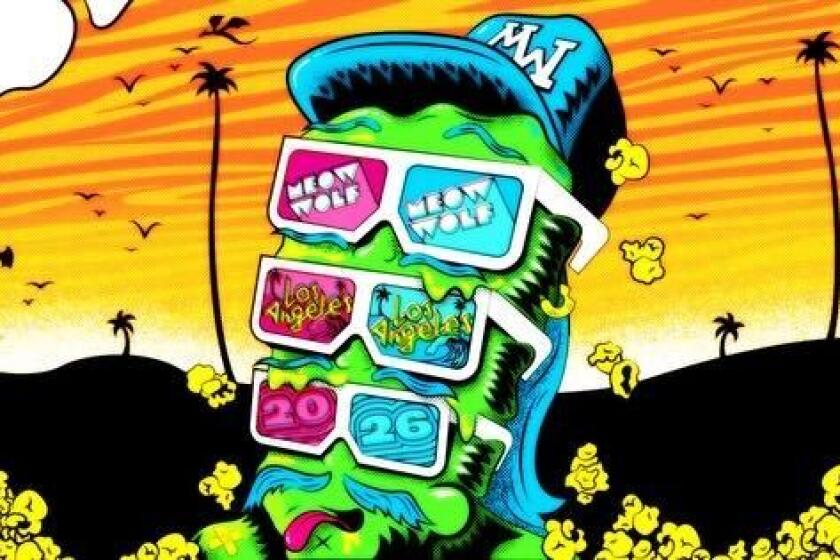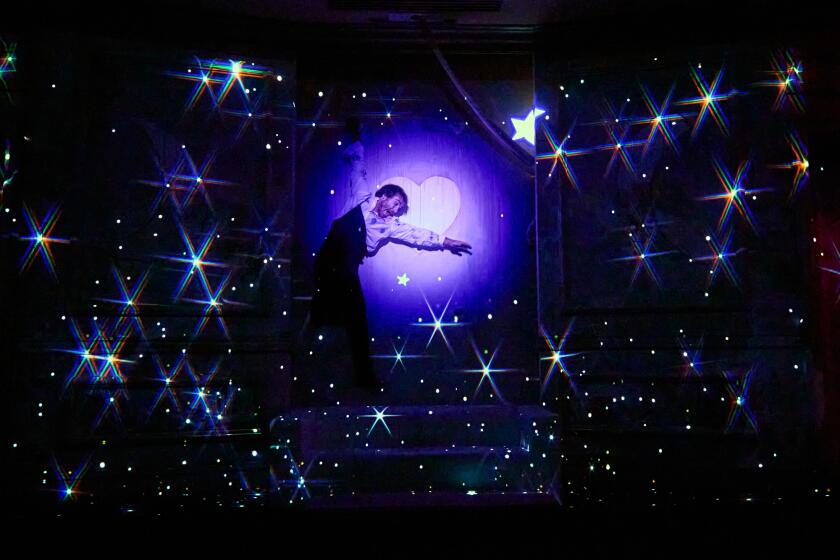CULTURE WATCH : Sense in Nonsense
Drama comes in two great forms, as everyone knows, comedy and tragedy, corresponding to life itself, which is sometimes comic, sometimes tragic. But everyone also knows that life itself is sometimes neither comic nor tragic but merely ridiculous. The phrase theater of the absurd has entered the language because it so perfectly matches this middle region of our non-theatrical experience.
“This is ridiculous” is a phrase that many a theatergoer has thought while viewing a play by Eugene Ionesco, who died Monday in Paris at 81. This is as it should be: Ionesco, among the most playful of playwrights, was sometimes funny; but more than “This is funny,” his judgment on our time was “This is ridiculous.”
And in that judgment, the loaded word was this. This-- the normal play in the normal theater for the normal audience--was ridiculous when another this-- the world outside the theater--was peopled by ludicrous saints and murderous clowns. By recreating in the theater the elusive emotional quality of the world about which we say, with a distinctly contemporary sigh, “This is ridiculous,” Ionesco began a tradition of originality and richly theatrical vitality.
Satire--unhappy but also unsad--lies between comedy and tragedy. And like his great colleague and early patron Samuel Beckett, Ionesco was a satirist at heart. Satire always refers; it is always a satire of something. Ionesco’s rare gift was his uncanny way of capturing and satirizing something in modern life so new that ordinary dramatic language was dumb before it. We salute his memory.
More to Read
The biggest entertainment stories
Get our big stories about Hollywood, film, television, music, arts, culture and more right in your inbox as soon as they publish.
You may occasionally receive promotional content from the Los Angeles Times.






